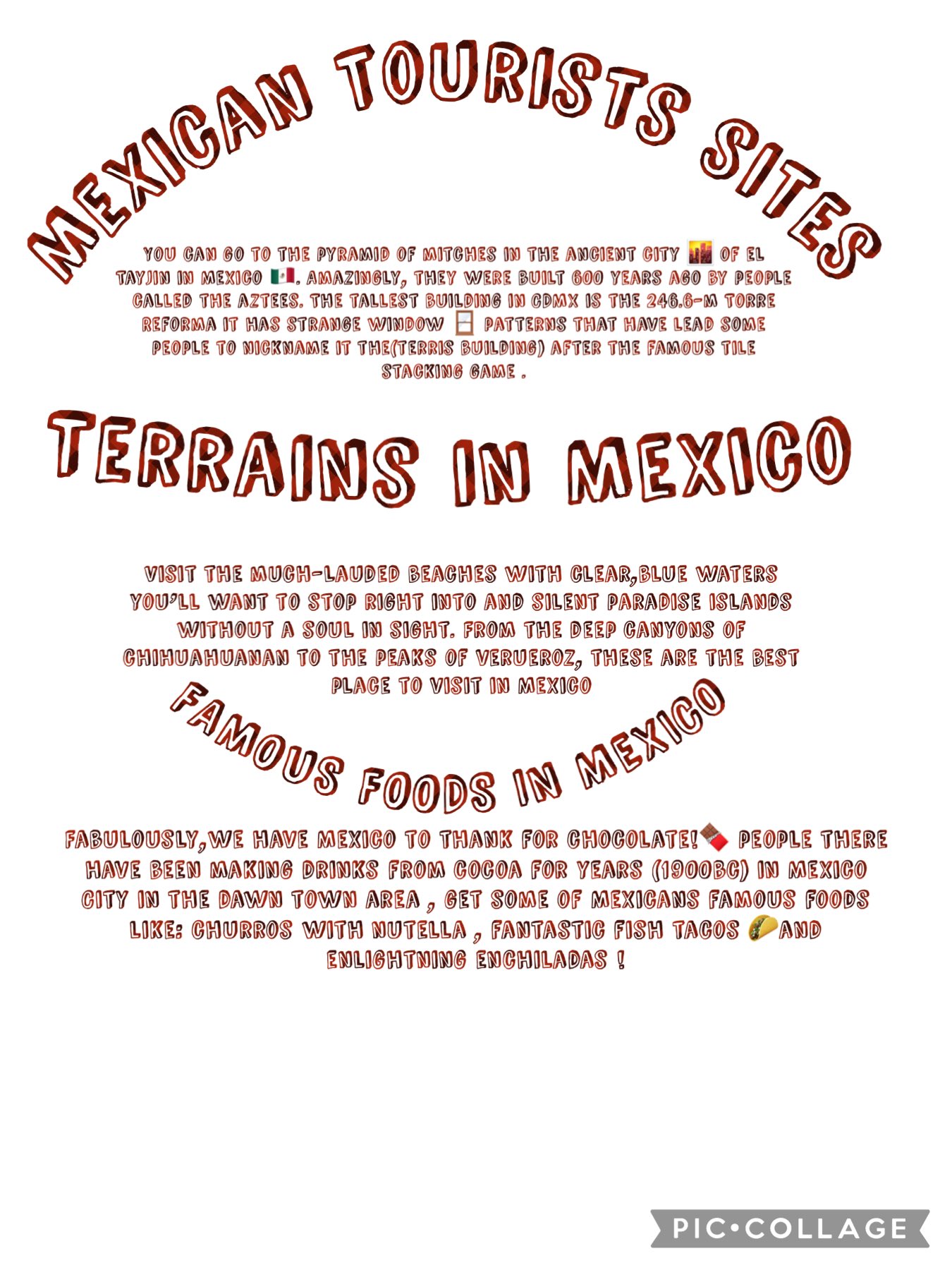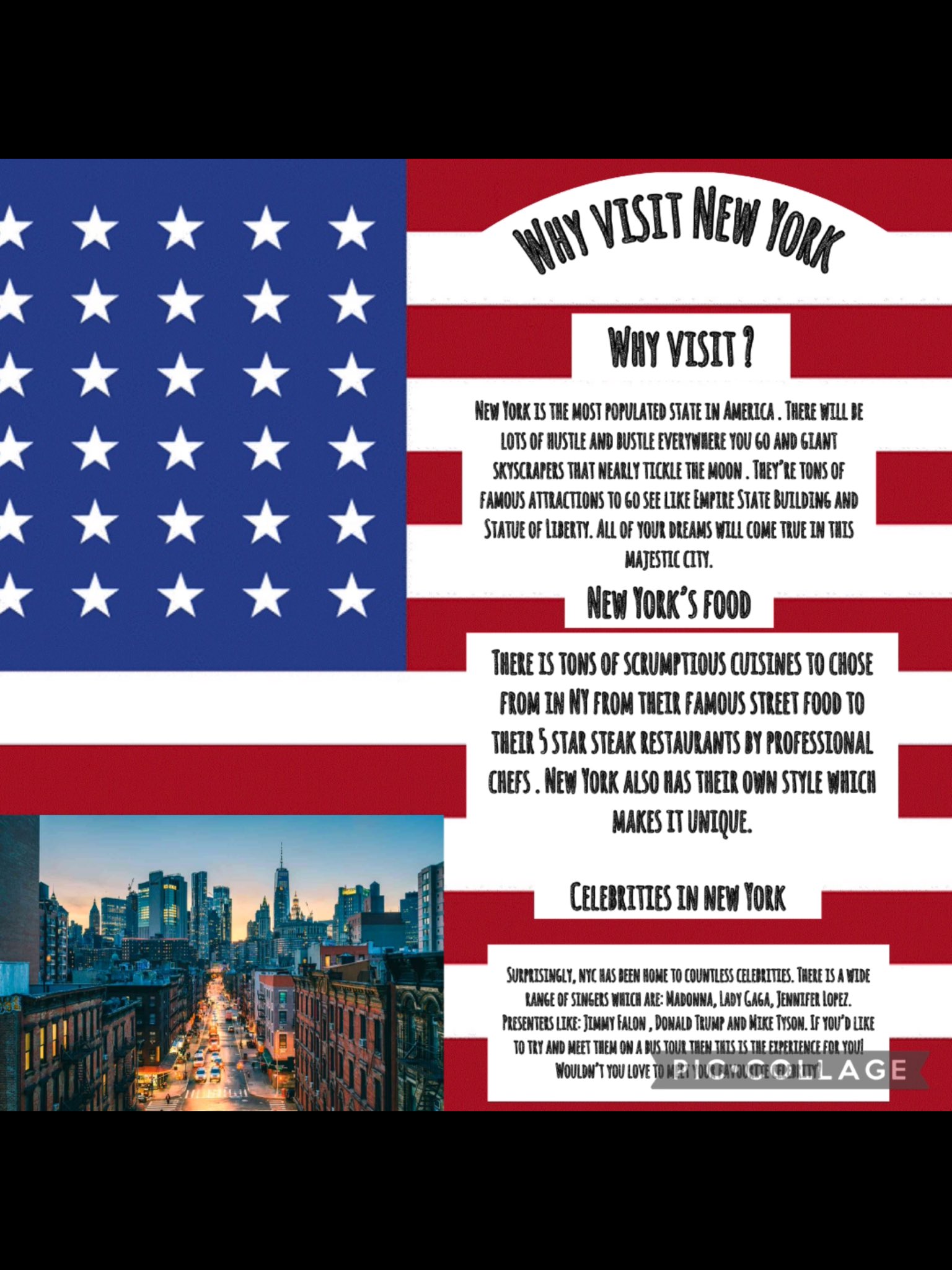Writing and SPAG
Overview of the Subject:

Writing at Spire aims to inspire our children to have a strong writing identity so that writing becomes a lifelong skill, passion is developed, and they are able to thoughtfully apply grammatical skills into their writing. We develop the children’s knowledge of writing by exposing them to different example texts, allowing them to write for different purposes and providing them with the opportunity to develop their portfolio of writing genres. The children go through the plan, draft, revise, edit and publish cycle with each piece of work that they produce.
During their time at Spire, children are taught a variety of purposes of writing through the use of our long-term overview, and as this increases, the children’s ability to combine and manipulate different grammatical features in their writing, also becomes more apparent. At Spire, the children’s writing is based on their current area of learning (History, Geography or Art and Design) or, the class text that they have been studying. This enables the pupils to write about meaningful topics and areas of the curriculum where they have increasing knowledge to make it relatable.
Spelling is streamlined across year groups so that the pupils access spellings that are the appropriate for their abilities. We follow Ed Shed’s spelling scheme which is in line with the National Curriculum. The children are sent home with their spellings weekly and are tested on a Friday, the children can access these on Ed Shed.

Subject Information:
Intent:
The intent of our writing curriculum is to develop the whole child and shape their minds for positive learning experiences about the world we live in. We strongly believe in encouraging curiosity, exploration and developing a strong sense of self-identity. In our writing lessons, we aim to encourage creativity, independence and fluency in writing whilst developing the key skills needed to become a competent writer. To do this, we plan and teach sequential units of learning based on their current area of learning or class text in order to widen their knowledge of other areas of the National Curriculum. This allows the children to develop upon the skills they have already learnt, and progress as they develop year group specific outcomes.
The teaching of writing is carefully planned, and class teachers apply their own creativity to cover the objectives stated in the National Curriculum using a range of engaging methods such as KAGAN. This gives pupils at Spire the best opportunity to grow as learners and build their confidence in writing. By the end of KS2, we aim to enable pupils to understand the importance of neat presentation as well as the need for different letter forms which is symbolised by awarding a pen license.

Implementation:
Through the use of monitoring and feedback, we can ensure that teaching and learning in Writing is succinct, meaningful and meets the needs of the individual pupil. Learning walks, book looks and planning scruitinies take place to ensure that effective teaching is taking place. The Senior Leadership team and link Governors are involved in the activities mentioned above.
Every term, writing moderation across year groups takes place to ensure that staff are consistent with their marking and assessment judgements. Each term, the children in school all produce a specific genre which ensures that the text can then be moderated across all year groups according to the National Curriculum aims. Writing moderation also takes place within our cluster- this ensures that other professionals uphold the same judgement and discussions can be held in regards to the sample pieces of writing.
Writing lessons incorporate purposeful and relevant areas of cross-curricular learning such as during Science Week, the children all produce a piece of scientific writing to encourage writing across the curriculum.
The introduction of the Power Up words several years ago, is still evident in planning and the children are encouraged to use this within their independent learning. Within writing, Alan Peat sentences structures are also visible after a recent re-launch to support the development of varying sentence structures.
Impact:
Our writing curriculum is carefully planned and organised to promote and encourage a love of learning for different writing genres. Pupils are taught skills in writing that they need to understand in order to thrive in the curriculum and within the wider-world. Teachers sequence lessons to develop the children’s understanding of different grammatical skills to which they can then apply in their independent writing. Furthermore, this is supported by the use of our daily ‘6 in 6’ SPaG activity which embeds and recap skills based on the National Curriculum statements for each year group.
In terms 1, 3 and 5, the children produce and assessed piece of writing based on their current area of learning within the National Curriculum. In terms 2,4 and 6, the children’s writing is based on their class text, which means they have a half-term’s exposure about the text before writing is linked to it. This ensures that the children have the background knowledge on either their topic or class text before producing a piece of extended writing. Each lesson has a focus on vocabulary through the use of our Top Ten Power Up words that link to an example text.

Overview of what a lesson looks like:
A Writing lesson at Spire begins with the children writing the date and their learning intention into their books, followed by their ‘6 in 6’ fluency and reasoning SPaG task. This helps the children apply their knowledge of SPaG to SATs-style questions and helps them to develop techniques for answering such questions. After that, the children will complete an activity based on their weekly/ or biweekly Power Up vocabulary. This may include finding the definitions of the vocabulary, completing word searches and using a thesaurus to find synonyms of the vocabulary.
Before genre-specific skill teaching takes place, the children will be exposed to an example text to develop their understanding of the text they are aiming to produce. The main part of the lesson will focus on learning a specific skill that the children can develop their understanding of through use of KAGAN tasks, paired work and independent activities to develop fluency and a deeper understanding of how to apply specific features into their independent writing. After learning skills, following lessons are based on the children producing a class shared write before moving on to writing their individual piece of extended writing which is then edited and improved.
Long-term subject overview:

What else is happening in writing?
Last year, the children produced pieces of writing that were linked to other areas of the curriculum to support them in writing about the wider world and linking writing to other subjects. For Internet Safety Day, the children produced non-chronological reports on how to stay safe online. Within Science Week, the children are encouraged to write up an experiment or another activity linking to the Science Week yearly theme. Our Year 6 pupils entered into a poetry competition, where they were given the opportunity to have their work published in a poetry book through the Young Writers UK Organisation.
- Autumn 2- Whole-school diary writing.
- Spring 1- Whole-school newspaper
- Spring 2- Whole-school writing linking to British Science Week
- Summer 1- Whole-school writing linking to an artist for our Create topic
- Summer 2- Whole-school narrative writing.
The Young Writers UK Organisation regularly send new initiatives to support the children producing poetry and other genres of writing. Where possible, these are incorporated into teaching.

Writing at home:
The Writing curriculum can be supported at home by the use of Ed Shed, the children have logins in their reading records. This allows them to access their spellings and complete games relevant to their year group learning.
https://www.edshed.com/en-gb/menu
https://www.theschoolrun.com/supporting-your-year-3-childs-learning-home
https://www.theschoolrun.com/year-4/year-4-english
https://www.theschoolrun.com/year-5/year-5-english
https://www.theschoolrun.com/year-6/year-6-english
https://www.naturalcurriculum.co.uk/grammar/year-3-grammar-lessons/
https://www.naturalcurriculum.co.uk/grammar/year-4-grammar-lessons/
https://www.naturalcurriculum.co.uk/grammar/year-5-grammar-lessons/
https://www.naturalcurriculum.co.uk/grammar/year-6-grammar-lessons/


